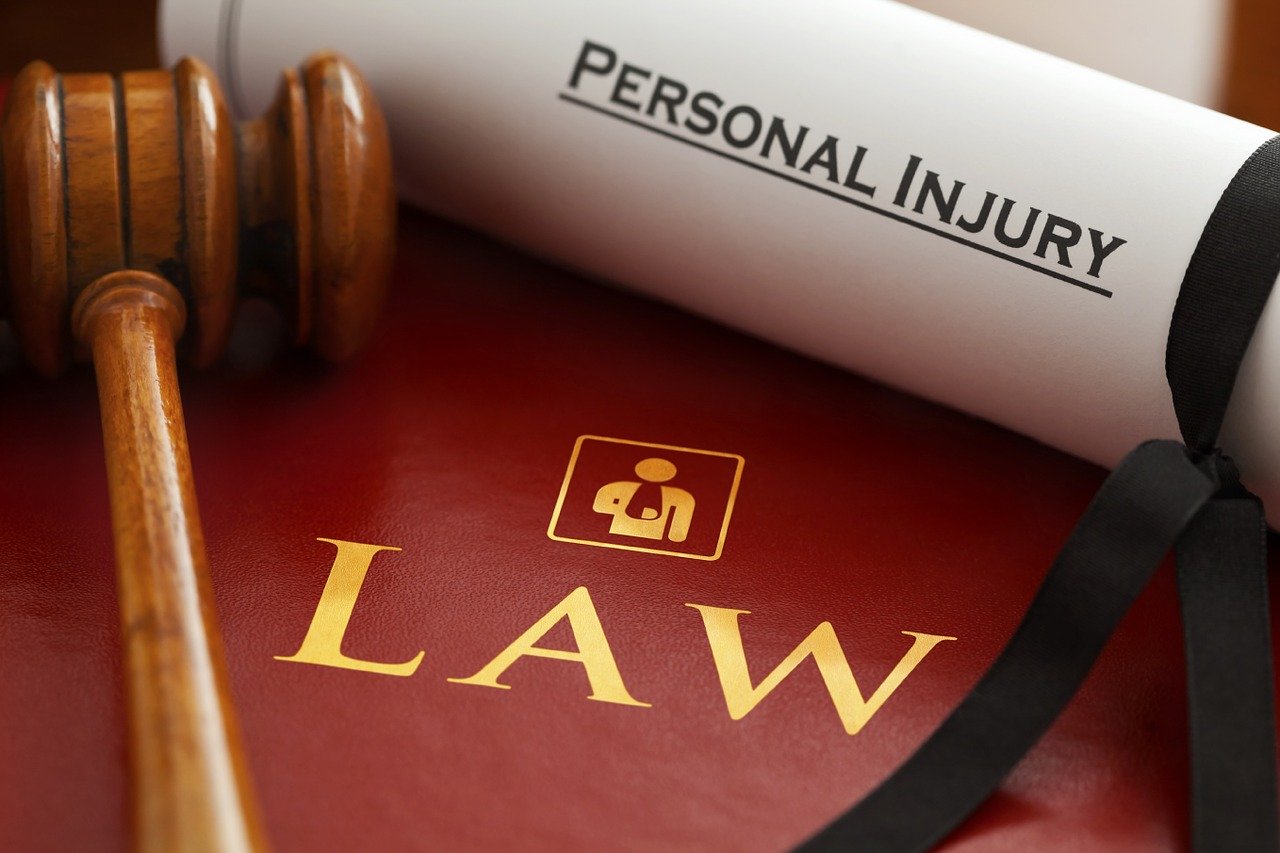When customers buy products from the market, they assume they are safe to use.
The mindset is justified because businesses have legal and ethical to ensure the effectiveness and safety of the goods they manufacture and sell. However, defective products still make their way into the market and end up causing harm to the consumers.
When something like this happens, the victim has the right to hold the business liable and seek compensation for the injuries sustained due to the defective product. However, these cases are not as straightforward as they sound because the product liability may rest on several parties, from manufacturers to suppliers and sellers.
The liability depends on what actually led to the product becoming dangerous to the users. Let us explain defective product liability in detail.

The concept of chain of distribution
As a rule, the entire parties that are a part of the chain of distribution can be liable for the injuries caused by a defective product.
A chain of distribution is essentially the path taken by the product as it moves from the manufacturing unit through the supply chain, the sellers, and finally reaches the consumer. Considering the number of parties involved, establishing the fault for the defect sounds complicated.
The following are the entities that are a part of the chain of distribution at some point.
1. Liability of manufacturers and suppliers
When the defect can be attributed to a manufacturing error or design flaw, the responsibility clearly falls on the manufacturer.
When a defective design causes injury, the victim needs to prove that the design flaw made the product unreasonably dangerous to use even when it was used properly. In this case, the company that designed rather than manufactured the product will be at fault. It can be the manufacturer itself or a design consultant as the case may be.
Conversely, a manufacturing defect occurs during the manufacturing phase and has nothing to do with the design. It is the responsibility of the manufacturer to assure quality control during the process, so the liability for such a defect falls on them.
2. Liability of suppliers
A supplier may also be at fault for defective product injuries if they are the ones who supplied the defective part used in the manufacturing of the item.
These cases can get a bit tricky because the fault may be shared between the manufacturer and supplier. So you would need a seasoned attorney who specializes in such cases to handle such claims.
If you are considering hiring someone with the right expertise, it is best to read more about the cases they have handled before getting them on board. The right approach can help the victim secure a fair settlement by proving the liability of both the parties responsible.

3. Liability of sellers and distributors
Although sellers and distributors are not involved in the manufacturing of a defective good, they can still be at fault for selling defective or dangerous items. Anyone in the distribution chain can be responsible.
These could be wholesalers or retailers because they have their roles in getting the goods to the consumers. At this stage of sale, there can be specific flaws in terms of marketing such as improper labelling, inadequate safety warnings, or insufficient instructions related to usage.
Moreover, if the defect existed when the seller possessed it, they can be held responsible for injuries to the victim. While you establish the liability of the retailer, here are a few things in mind:
i). You need not be the buyer
Someone who has not bought a product first-hand but still experienced injury due to its defect can still claim rightful compensation.
For example, if you took a cough syrup given by a co-worker and were injured due to some manufacturing defect, you can still bring up a claim on the retailer even though your co-worker bought the cough syrup from them.
ii). You need not be the product user
Similarly, you can file a defective product claim if you were injured by one that another person was using.
For instance, if you sustain an injury due to a loose blade that flies from a neighbour’s defective lawnmower and hits you, there is a possible valid claim against the entire parties in the distribution chain of the machine. And this holds true even if you did not buy the lawnmower and were neither using it.
iii). You can recover for used products as well
If you buy a used product which turns out to be defective, you can still sue the supplier you bought it from.
The validity of the claim depends on factors like the condition of the product, the nature of the defect, and state- or jurisdiction-specific law applicable to the case. This is something that an expert lawyer with thorough knowledge of local laws can help you with.
4. Joint and several product liabilities
Considering the involvement of a number of parties typically involved in product liability cases, there is a need to understand the legal doctrine of joint and several liabilities.
In such cases, each of the defendants is liable both jointly and severally for the award of damages. Simply speaking, if either of the defendants is unable to pay the damages for any reason, the other defendants will have to bear the burden.
They may end up in a dispute about sharing the burden but that is not your concern. You can rest assured about getting the claim value that you have been rightfully awarded in the settlement.
An injury caused by a defective product is unfortunate for a consumer who bought it with complete trust about its safety. So the victim surely needs to be compensated, no matter who is at fault for the defect in the product.
The complexity of such cases, however, requires them to be handled by experts with the right knowledge and experience. So it is best to leave your case to a lawyer you can trust to get you the claim value that is rightfully yours.

The Ideas Plus Business Editorial team is responsible for this post. For collaborations and partnership requests, kindly send an email to the Editorial Team at ideasplusbusiness[at]gmail[dot]com for the terms and conditions. You can also follow IdeasPlusBusiness.com on Twitter here and like our page on Facebook here.
